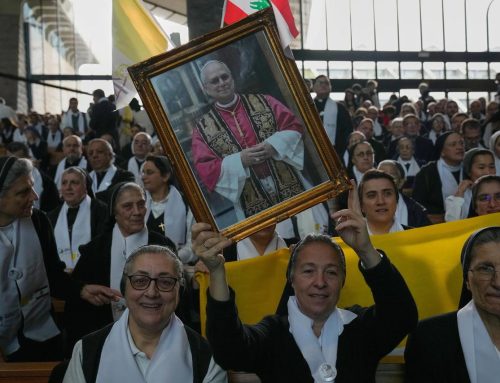On Saturday, October 25, 2008, at the Holy Land Christian Ecumenical Foundation’s (HCEF) 10th International Conference, Wadie Abunassar, founder and director of the International Center for Consultations (ICC) in Israel, took center stage to deliver a talk titled, “Arab Christians in Regional Context.”
“In summer 1993 I participated at the World Youth Day of the universal Catholic Church, which was held then in Denver, Colorado,” Abunasser began. “During a presentation that I held there on the reality of Arab Christians in Israel I introduced myself as being an Arab, an Israeli and a Christian simultaneously. An American man from the audience stood up and wondered: ‘if you are Arab, you must be Muslim; if you are Israeli, you must be Jew; so how come you claim to be Christian?’”
Abunasser then enumerated figures about the general profile of the Arab Christians in the Holy Land: Arab Christians continue to be considered the most advanced religious community in education. In the year 2006 92% of Arab Christian school graduates were eligible to continue their studies at universities, while this percentage goes down to 88% amongst Jews, 72% among Muslims and 70% among Druze.”
Wadie Abunasser speaks on Arab Christians at HCEF's 10th International Conference






